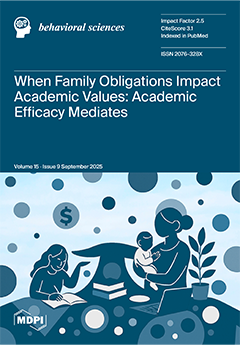Exercise is a promising intervention for reducing drug craving, but recent studies have shown inconsistent effects. This meta-analysis aims to evaluate the effect of exercise interventions on drug craving and identify the key exercise factors that affect its effectiveness. The literature was searched in four English databases. Two authors independently performed literature screening, data extraction, and quality assessment. Subgroup, sensitivity, and meta-regression analyses were conducted to explore potential heterogeneity. The results demonstrated that exercise (SMD = −0.74, 95% CI: −0.91, −0.58;
p < 0.00001) was more effective than control groups in reducing drug craving among people with drug use disorder. Subgroup analyses demonstrated that aerobic (SMD = −0.79, 95% CI: −1.03, −0.54;
p < 0.00001), multi-component (SMD = −0.96, 95% CI: −1.73, −0.18;
p = 0.02), and mind–body exercise (SMD = −0.57, 95% CI: −0.88, −0.26;
p = 0.0003) could significantly reduce drug craving, while resistance exercise (SMD = −0.59, 95% CI: −1.33, 0.16;
p = 0.12) could not. Moreover, moderate (SMD = −0.77, 95% CI: −0.95, −0.58;
p < 0.00001) and high-intensity exercise (SMD = −0.63, 95% CI: −1.08, −0.19;
p = 0.006) were effective in reducing drug craving. In addition, regardless of intervention period, single-session duration, and weekly frequency, exercise could significantly reduce drug craving. This study indicates that exercise effectively reduces drug craving, with type and intensity as key factors affecting the effectiveness.
Full article






